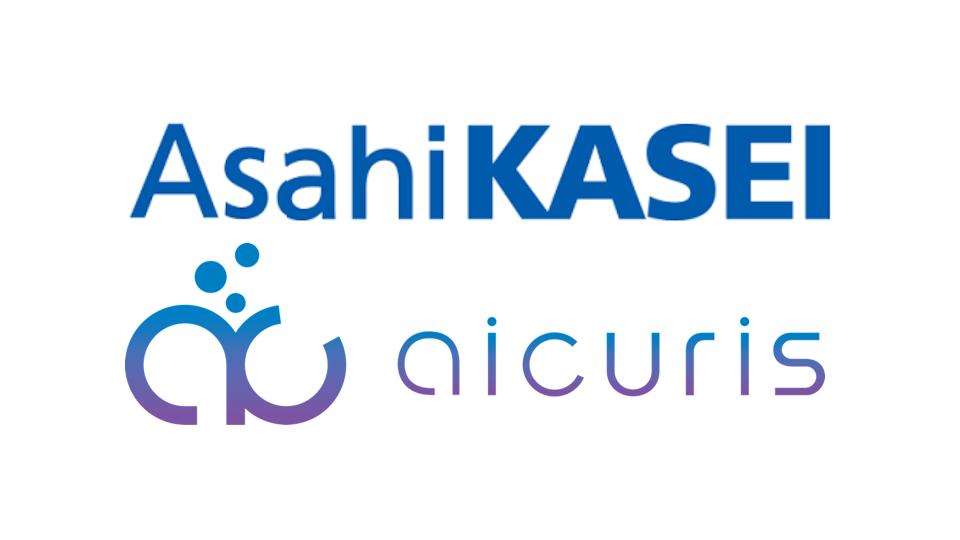Final obstacles in front of Pfizer, Seagen merger fall

Pfizer is expecting to close its $43 billion acquisition of antibody-drug conjugate (ADC) pioneer Seagen tomorrow, after receiving all the required regulatory approvals for the deal to go through.
The approval by the Federal Trade Commission (FTC) means that Pfizer has met its target of completing the transaction before the end of this year or in early 2024. The company signed a $229-per-share agreement in March to take control of Seagen, which had previously been linked to a possible takeover by MSD.
Getting the merger over the finish line has required some concessions, notably that Pfizer has agreed to donate all the rights of royalties from sales of its cancer immunotherapy Bavencio (avelumab) in the US to the American Association for Cancer Research (AACR).
That isn’t a big deal for Pfizer, as earlier this year it signed away the development and commercial rights to Bavencio to its partner for the drug, German pharma group Merck KGaA, reducing its interest in the drug to a 15% royalty rate on US sales. Merck reported sales of €185 million (around $200 million) for Bavencio in the third quarter, up nearly 22%.
With the deal poised to go through, Pfizer is on the brink of adding three approved ADCs – Adcetris (brentuximab vedotin) for blood cancers, Padcev (enfortumab vedotin) for bladder cancer, and cervical cancer therapy Tivdak (tisotumab vedotin) – as well as oral HER2 inhibitor Tukysa (tucatinib) for breast cancer, that could help plug an expected $27 billion revenue hit from generic competition facing the big pharma group in the coming years.
In October, Pfizer slashed its full-year revenue forecasts and announced a cost-cutting drive aimed at saving $3.5 billion over two years as it faces a steep decline in COVID-19 vaccine and treatment sales.
Pfizer has indicated that Seagen’s products could contribute more than $10 billion in revenues in 2030, with potential significant growth beyond that date if some significant milestones are reached, including FDA approval of Padcev in combination with Merck’s blockbuster cancer immunotherapy Keytruda (pembrolizumab) as a first-line treatment for advanced bladder cancer. The regulator is scheduled to deliver a verdict on that indication in May.
New oncology division
One of the main structural changes announced by Pfizer as the deal closure approaches is the creation of a new Pfizer Oncology division, which will combine the cancer pipelines of both companies under the leadership of Pfizer’s current oncology R&D head Dr Chris Boshoff, who will report directly to Pfizer CEO Albert Bourla.
As a consequence, Pfizer’s non-oncology operations will be split into two commercial divisions – covering the US and international markets – led respectively by Aamir Malik and Alexandre de Germay. Former chief commercial officer Angela Hwang will be leaving Pfizer after a 27-year career at the company.
Bourla said the changes in structure will “maximise the impact of this transaction and enhance our commercial execution across all the company’s therapeutic areas.”













